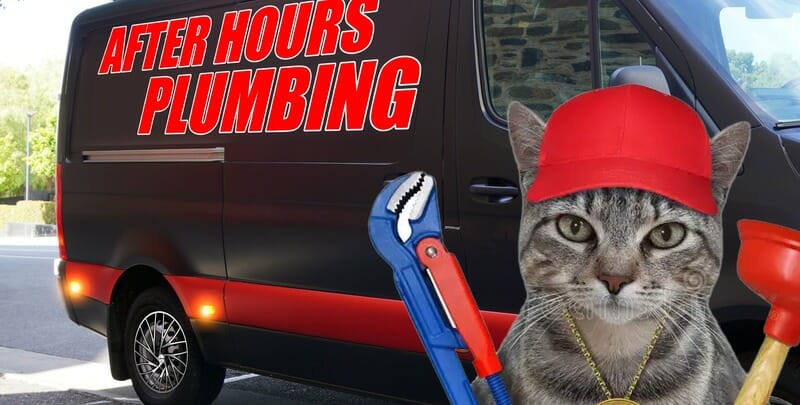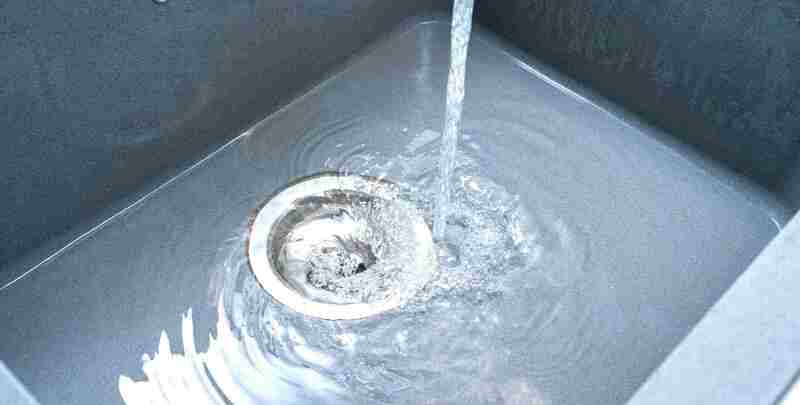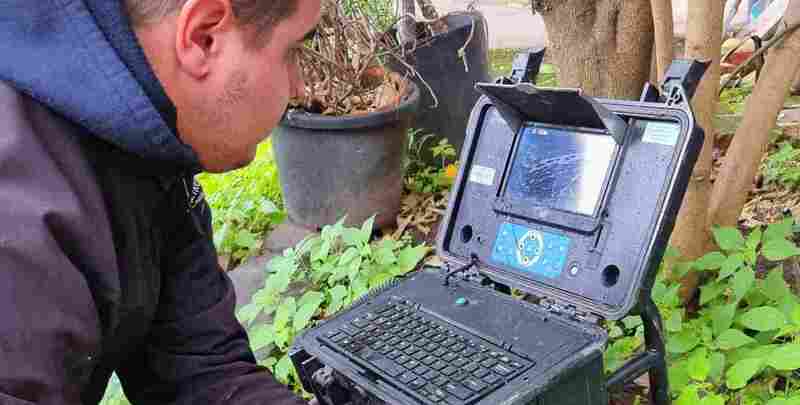Signs of a Blocked Drain

When it comes to the functionality of your plumbing system, one of the most common issues homeowners face is a blocked drain.
This nuisance can disrupt your daily routine and lead to more severe plumbing problems and clinical concerns if not addressed promptly.
Early Warning Signs of a Blocked Drain
Detecting a blocked drain in its early stages can save you from trouble. Look out for these tell-tale signs:
- Slow draining sinks and tubs: If you notice that water is taking longer than usual to drain from your sinks, bathtubs, or showers, it’s a sign that a blockage might be forming in the pipes. This slow drainage is often a result of accumulated debris.
- Unpleasant odours: Foul smells emanating from your drains, particularly when water is running or shortly after, could indicate the presence of trapped food particles, grease, or other debris. These odours can spread throughout your home, creating an uncomfortable living environment.
- Gurgling sounds: When using water, gurgling or bubbling sounds from your drains can suggest an obstruction. These sounds are caused by air bubbles trying to escape past a blockage.
- Water backing up: Water backing into sinks, tubs, or showers is the most apparent sign of a blocked drain. This can create a messy situation and potentially damage your fixtures and belongings.
- Water flow changes in toilets: If you notice changes in water levels in your toilet bowl, or if it’s slow to flush, it could be due to a blockage in the drainpipe. This issue can lead to toilet overflows, which are both unsanitary and inconvenient.

Common Causes of Blocked Drains
Understanding the causes of blocked drains is essential in preventing them. Some common culprits include:
- Accumulated food debris: Food scraps, grease, and oil majorly contribute to blocked kitchen drains. Avoid disposing of large amounts of food waste down the sink, and use a drain strainer to catch solid particles.
- Hair and soap scum: Bathroom drains, particularly shower drains, often get clogged with hair and soap scum. Regularly clean the drain cover and use a drain snake to remove trapped hair.
- Foreign objects: Small items like wet wipes, sanitary products, and even children’s toys can get into drains, causing blockages. Ensure that only water and appropriate waste are flushed down the toilet.
- Tree root intrusion: Tree roots can infiltrate your plumbing system through small pipe cracks or joints. As they grow, they can cause blockages and even damage your pipes. Regular inspection and maintenance can help detect and prevent this issue.
Preventive Measures to Avoid Drain Blockages
Preventing drain blockages is far more cost-effective and convenient than dealing with the aftermath. Here are some proactive steps to take:
- Regular maintenance: Implement a routine maintenance schedule where you inspect and clean your drains. Pouring hot water down the drain regularly can help prevent the build up of grease and debris.
- Dispose of waste properly: Avoid flushing non-biodegradable items down the toilet and using drains as disposal units. Dispose of food waste in the compost or trash, and properly dispose of grease.
- Use drain strainers: Install drain strainers in sinks and showers to catch hair, soap scum, and other debris before they go down the drain.
- Be mindful of grease: Grease should never be poured down the drain. Instead, let it cool and solidify before scraping it into the trash.
- Professional plumbing inspection: Periodic inspections by a professional plumber can help identify potential issues before they escalate. They can also perform preventative maintenance, such as hydro-jetting, to clear your drains.

Effective Methods to Clear Blocked Drains
If you suspect a blocked drain, immediate action can prevent the problem from worsening. Here are some methods to clear drain blockages:
- Boiling water: For minor blockages, pouring boiling water down the drain can help dissolve grease and clear debris. Be cautious not to use this method on PVC pipes, as hot water can damage them.
- Baking soda and vinegar: A natural and effective solution, mixing baking soda and vinegar creates a fizzy reaction that can break down organic blockages. Follow up with hot water to flush away the debris.
- Plunger: A plunger can create pressure that dislodges blockages in toilets, sinks, and showers. Ensure you use a plunger appropriate for the fixture you’re working on.
- Drain snake: A drain snake, or an auger, is a flexible tool that can reach deep into pipes to break up and remove blockages. It’s particularly useful for hair and debris clogs.
- Hydro-jetting: For stubborn blockages, hydro-jetting uses high-pressure water to blast away debris and buildup from the inside of pipes. This method is best left to professional plumbers.
- Tree root removal: If tree roots are causing blockages, a plumber can use specialised tools to remove them and repair any damage to the pipes.
When to Call a Professional Plumber
While DIY methods can work for minor blockages, certain situations require the expertise of a professional plumber. Contact a plumber if:
- The blockage persists after attempting various methods.
- Multiple drains are affected simultaneously.
- You suspect a more extensive issue, such as tree root intrusion or pipe damage.
Blocked drains are a common household issue that can escalate into more severe plumbing problems if not addressed promptly. By recognising the early warning signs, adopting preventive measures, and employing effective cleaning methods, you can maintain the functionality of your drainage system and prevent costly repairs.
If you’re unsure about tackling a blocked drain, don’t hesitate to call an emergency plumber to ensure the issue is resolved correctly.
Ready to Bid Farewell to Clogs?
Say goodbye to the frustration of dealing with clogged drains, whether it’s a stubborn shower drain, a kitchen sink struggling with a garbage disposal issue, or any other drainage hassle.
After Hours Plumbing is here to provide prompt solutions with our skilled emergency plumbers and cutting-edge drain auger technology.
Our aim is simple: to loosen blockages and restore your desired smooth flow. Contact us now to bid farewell to drain dilemmas and regain the tranquillity of a well-functioning plumbing system. Your comfort is our priority, and we’re just a call away.
Please note: This information is provided for advice purposes only. Regulations differ from state to state, so please consult your local authorities or an industry professional before proceeding with any work. See After Hours Plumbing’s Terms & Conditions here.
